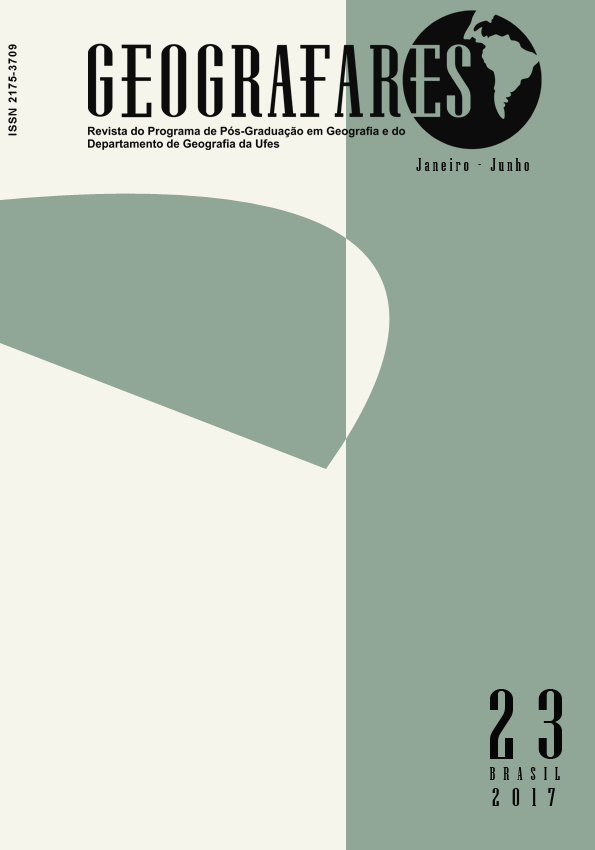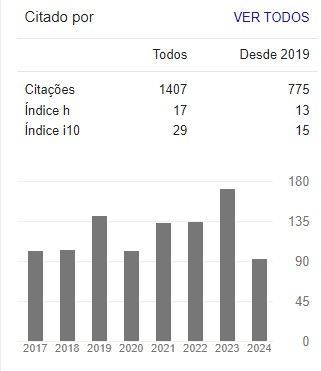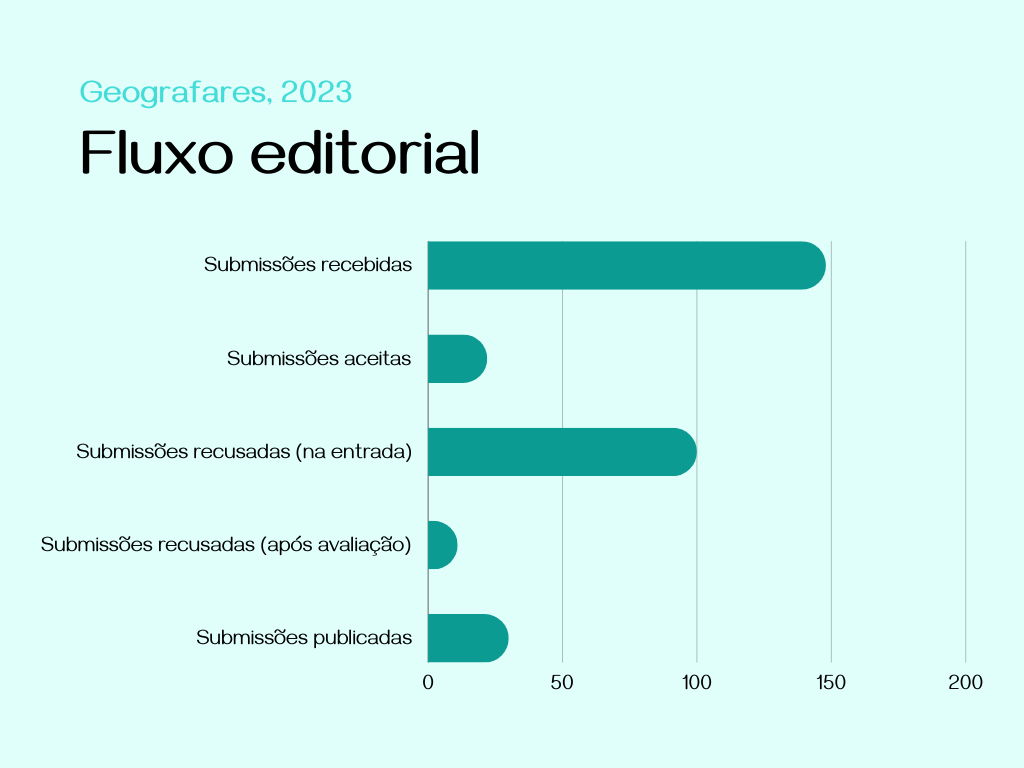Critical reflection on Law 10.179 / 2014 of the "new" State Policy of Water Resources of the State of Espírito Santo: a geographical view
DOI:
https://doi.org/10.7147/GEO23.15493Abstract
In March 2014, Law Nº 10.179/2014 was published, which provides for the State Policy on Water Resources and establishes the Integrated System for the Management of Water Resources of the State of Espírito Santo - SIGERH / ES.This law replaces the former of No. 5.818 / 98 which, while not totally anti-ecological like the current one, supported several legal and conceptual devices,taking the water from a conception seen as "natural resource",important for the maintenance of the natural processes essential to the dynamic ecological river flow and ecosystem functionality in the tropical landscapes. The current law was all built from a logic based on the con - ception of water as an input to the industrial production processand related economic activities,maximizing irresponsible use and completely suppressing the notion of "na - tural resource",essential to the ecological culture of traditional communities, sustaina - ble agriculture and quality of life in urban spaces, in addition to avoiding "water crises". This article is based on a critical analysis of the prerogatives of this law, from the view of the geographer, highlighting the main problems for society and how it tends to ag - gravate the inappropriate appropriation of this natural resource in the coming decades.
Keywords: water, water resources, water crisis, politics, territory.
Downloads
Downloads
Additional Files
Published
How to Cite
Issue
Section
License
Copyright (c) 2017 Geografares

This work is licensed under a Creative Commons Attribution 4.0 International License.
Copyrights Declaration
Authors who publish in the journal agree with the following terms:
- Authors will keep their copyrights and grant the journal the right to their first publishing, simultaneously licenced under Creative Commons Attribution License which allows sharing their work with authorship recognition and initial release through this journal.
- Authors may sign additional contracts separately diffusing a non-exclusively version of the paper published in this journal (i.g. publishing in institutional repository or as a book chapter), once citing the authorship and initial release through this journal.
- Authors are encouraged to publicize and diffuse their paper online, for example onto institutional repositories or on their personal websites.



























